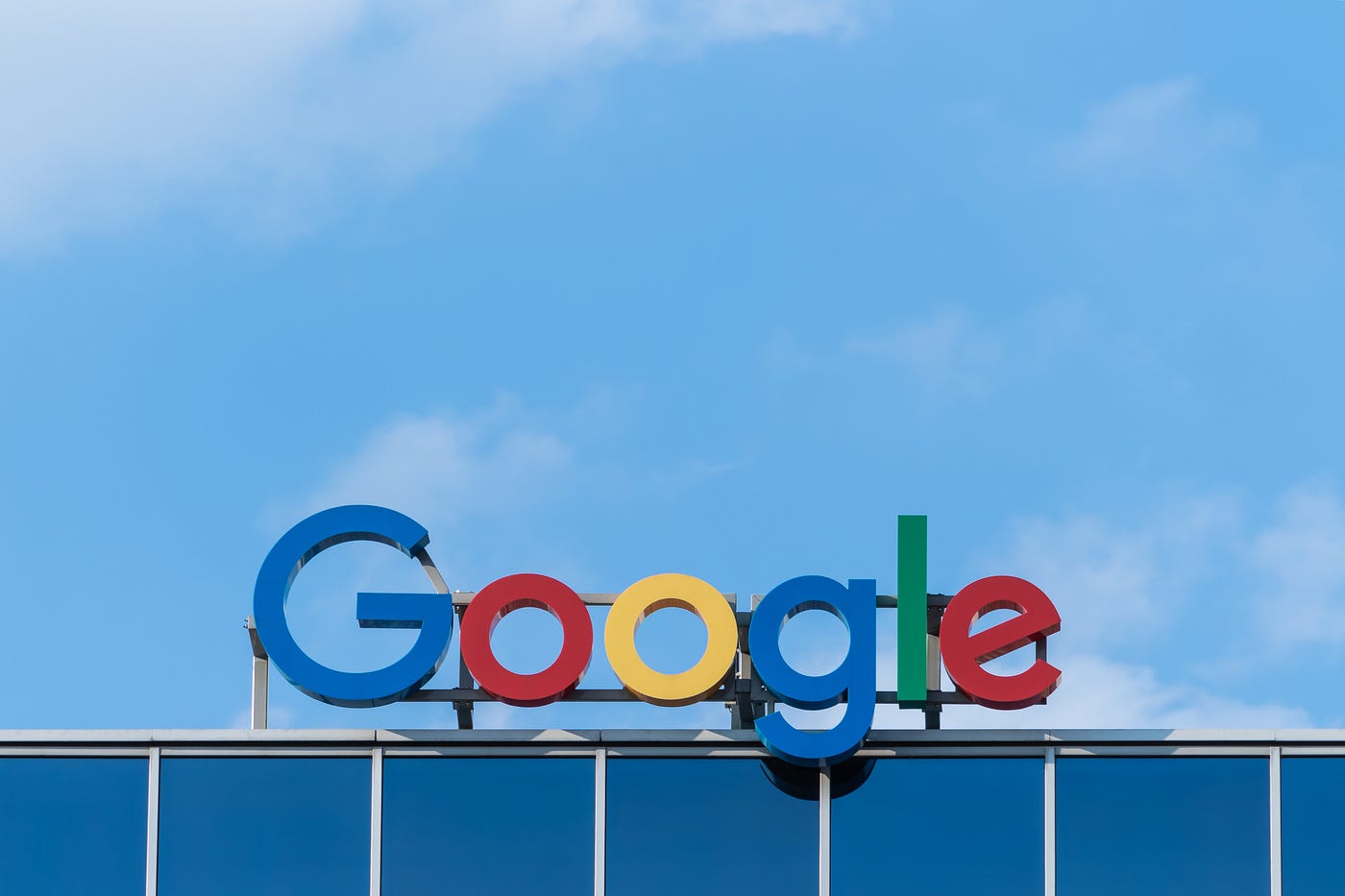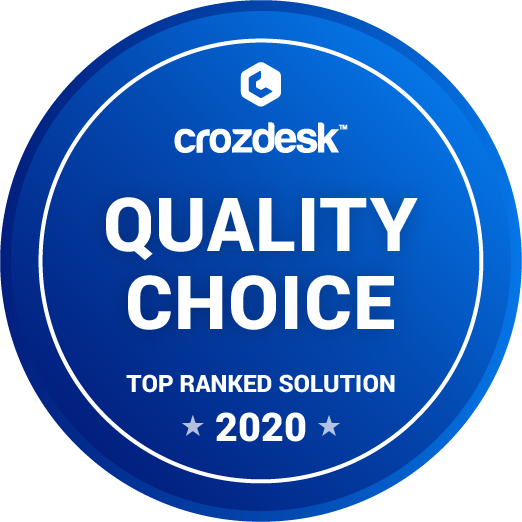
Imagine getting a ping: someone just Googled you. That moment of curiosity—half thrill, half unease—has fueled a growing demand for “Who Googled Me” alerts. People want to know who is looking, why they’re looking, and what it says about their online presence.
This obsession is tied to psychology, culture, marketing, and reputation. Here’s why so many people feel the pull—and what risks come with it.
What These Alerts Really Are
Despite the name, no service shows exactly who typed your name into Google. What these tools track are mentions of your name on websites, blogs, and social media.
- Google Alerts (Free): Sends emails when your name appears in new search results.
- Mention ($29/mo): Tracks mentions in real time and filters noise.
- Brand24 ($49/mo): Adds analytics, reach metrics, and influencer monitoring.
- Talkwalker (Enterprise): Expensive, but covers global data and visuals.
Google Alerts is simple to set up, but it often produces false positives. Paid tools reduce clutter and deliver real-time results, but at a cost.
Why People Get Hooked
Job Search Pressure
Before an interview, candidates often wonder what a recruiter sees when they search their name. Alerts give a sense of control and reduce the need to keep checking manually.
Relationship Curiosity
After a breakup, some people fixate on whether an ex is keeping tabs. Alerts provide indirect answers, though they can also fuel compulsive checking.
Vanity and Visibility
Influencers and professionals may set alerts after posting content to see if it spreads. Alerts become a feedback loop for ego and recognition.
Networking and FOMO
During conferences or public events, professionals use alerts to monitor mentions and avoid missing opportunities.
The Psychology Behind It
This obsession isn’t just about curiosity—it’s about control and validation.
- Control: Alerts create the illusion of monitoring who’s watching you, even if the data is incomplete.
- Fear of Surveillance: With rising concerns about data tracking and stalking, people feel safer when they think they have visibility.
- Validation: Knowing your name appears online can boost confidence, especially for people seeking recognition.
But the flip side is clear: checking too often can increase anxiety instead of easing it.
Cultural and Social Influences
Online reputation has become as important as in-person impressions.
- Employers: About 70% search candidates online before hiring.
- Relationships: Negative or embarrassing posts can strain trust.
- Influencers: A single bad mention can lower visibility in search rankings.
Privacy laws like GDPR and CCPA have raised awareness about data rights, but they haven’t erased the urge to track who’s paying attention.
The Business Behind Alerts
The alert industry thrives on fear of missing out.
- Free to Paid Upsells: Google Alerts starts free, but advanced users are nudged toward paid reputation tools.
- Fear-Based Marketing: “Don’t miss a mention” campaigns push urgency.
- Benefit-Based Marketing: ROI-focused ads highlight analytics and growth.
The monitoring software market is worth billions, and companies frame alerts as both a safety net and a status tool.
The Risks People Overlook
False Positives
Basic alerts often deliver irrelevant results, which can lead to wasted time and more stress.
Addiction
Constantly checking alerts can create dependency, similar to social media notifications.
Cybersecurity
Fake alerts sent by phishing emails can expose users to scams.
Over-Reliance
No tool tracks offline reputation—or catches every conversation. People risk overestimating the protection alerts provide.
A Balanced Approach
These tools can be useful, but they’re not magic. A healthier approach includes:
- Setting up a simple Google Alert for your name
- Checking alerts weekly, not daily
- Combining alerts with manual searches every few months
- Strengthening privacy settings on social media
- Focusing on offline relationships and reputation
Alerts can be a tool, but they shouldn’t control your emotions or define your worth.
Conclusion
People obsess over “Who Googled Me” alerts because they touch on deep human needs: control, safety, and validation. But these tools don’t reveal everything, and they can create new anxieties.
The healthiest use is measured—alerts for awareness, not obsession. In the end, your reputation isn’t just about who Googled you, but about how you show up both online and off.
Raghav is a talented content writer with a passion to create informative and interesting articles. With a degree in English Literature, Raghav possesses an inquisitive mind and a thirst for learning. Raghav is a fact enthusiast who loves to unearth fascinating facts from a wide range of subjects. He firmly believes that learning is a lifelong journey and he is constantly seeking opportunities to increase his knowledge and discover new facts. So make sure to check out Raghav’s work for a wonderful reading.




